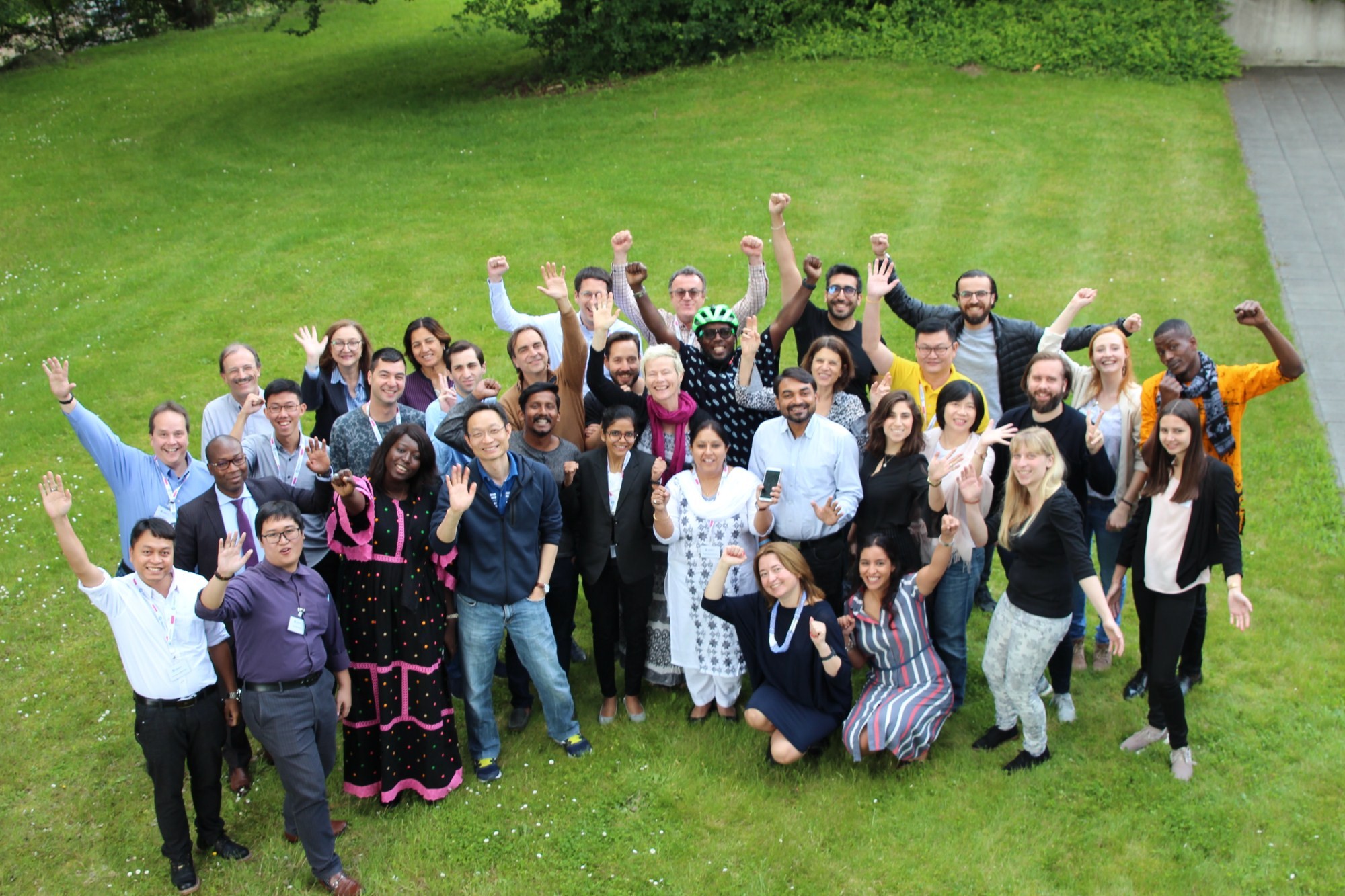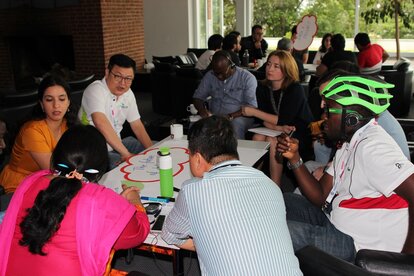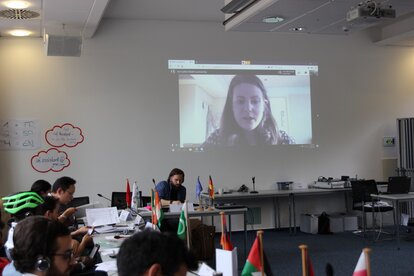IAF
IAF Seminar : Smart City and Modern Mobility

There is no agreed definition on smart city concept. However, this concept or term of smart city have
captured the imagination of cities stakeholders worldwide. Long-term challenges faced by cities have
been met with different technological revolutions since the past 2 centuries. It is expected that the
advances and widespread adoption of Information and Communication Technologies will be used to solve
current challenges in the cities.
In Penang, the state government have over the past few years indicated its interest in smart city. On29th August 2018, the Penang state government unveiled its Vision 2030:A Family-Focused Green And Smart State To Inspire The Nation.
Penang Chief Minister Chow Kon Yeow said,"admittedly we are not experts,and even those given the responsibility in the government; we are also learning along the way and being exposed to the new developments."
There exist a necessity for Gerakan to train its leaders on Smart Cities and to equip them with the knowledge and know how for their roles as opposition and in preparation for future local council elections.

the workshop provides participants with an opportunity to achieve the following objectives:
- Expose to the different approaches and best practices to local governance in Smart Cities and what the concept really entails.
- Learn the liberal take on the further development of Smart Cities where concerns for privacy and data protection need to be balanced with the opportunities that technological progress provides to the policy makers.
- Discover that liberals endorse decentralized decision-making procedures and thus see a great chance in the emergence of Smart Cities, especially in cases where these urban centers can compete against each other in terms of governance
- Aware that innovation and progress are linked to the institutional arrangements of society. Liberal institutions (i.e, private property, market competition, rule of law, etc.) encourage individual responsibility, entrepreneurship,and human ingeunity.
This seminar was attended by a total of 26 participants from 23 countries with representatives from liberal parties, elected representatives, think thanks and NGOs who work in and take specific interest on Smart Cities and Smart Mobility from project countries of FNF. Included in the participants are also liberal academics and practitioners, such as city councilors, entrepreneurs, and lobbyists working on topic of Smart Cities.
Two experienced moderators, Sven Gerst an Ruben Dieckhoff, aided by 2 assistants, 4 interpretors, and a coordinator run the workshop. A total of 3 speakers were invited to speak in the workshop. On top of that, four resource persons are invited to speak at the workshop. Kamuran Sezer, founder of Futureorg Institute, explains about the next mega trends that will impact our lives. Meanwhile, Chairperson of LOAD, e.v, Ann Kathrin Riedel, talks about the chance and concerns behind data economics and innovation. Other speaker is an urbanist and researcher, Vera Kichanova that gives a presentation on polycentric urbanism from sharing economy to private cities.

Besides that, the workshop also covers these following topics:
- Analysis of the different concepts and dimensions behind the term Smart Citiy with a special focus on urbanization and urban planning, technological progress and innovation, entrepreneurship, experimentation and polycentric governance
- Exploration on how technology and digitalisation is changing or will change the way we plan, build, organise and manage our cities.
- Critical discussions of concepts, challenges, and opportunities of the new technologies from a liberal political-perspective, framework and preresquisites for making cities "smart"
- Political and ethical questions with regard to the digital sphere, rule of law, individual freedom, the protection of privacy and property, the future of work, and communal life.
- Do the new technologies enhance or threaten participation and democracy?
- Smart city - smart citizen? the needs and lifestyle of future citizens
- Examining current developments and global megatrends that will have an impact on the way how cities should be in the future
- sharing best practices and exploring implemented or planned projects toward smarter cities around the world
- the role of local government in urban development and transportation
- Modern and smart transportation system for people and goods to, from and inside cities
- Different approaches to city planning (bottom up vs. top down) and their respective merits and drawbacks
- Exchange with german practitioners and experts from business, research, and think thanks as well as discussions with political decision-makers.
The participants of the workshop also have the chance to go on a day trip to the world biggest inland port Duisburg and its city council. It was an interesting opportunity to see a few practical implementation of Smart City. Duisburg is China's gateway to Europe under its belt and road project, 80% trains from China to Europe make Duisburg its first stop.